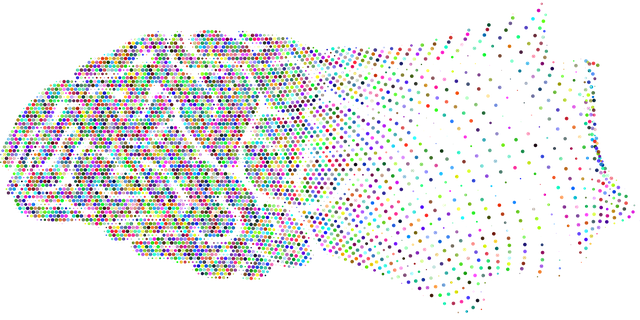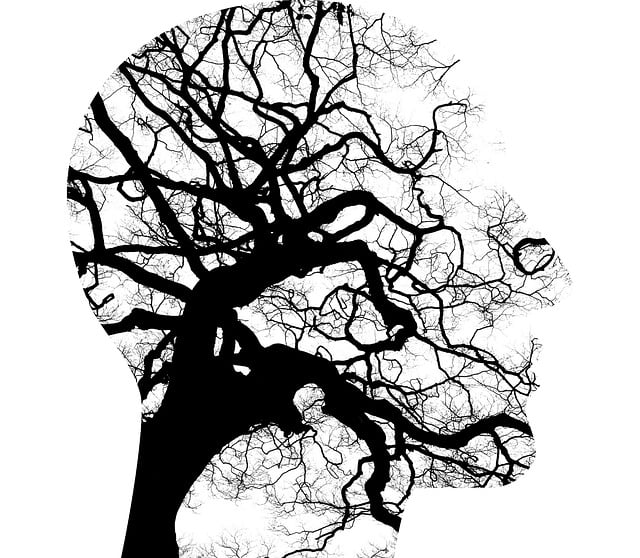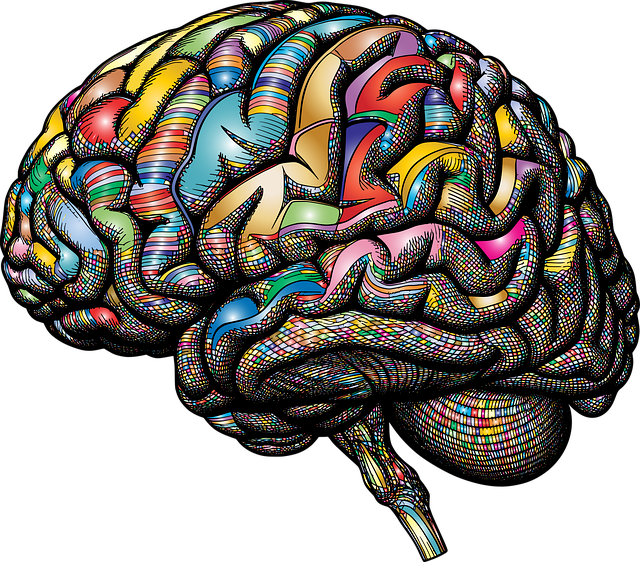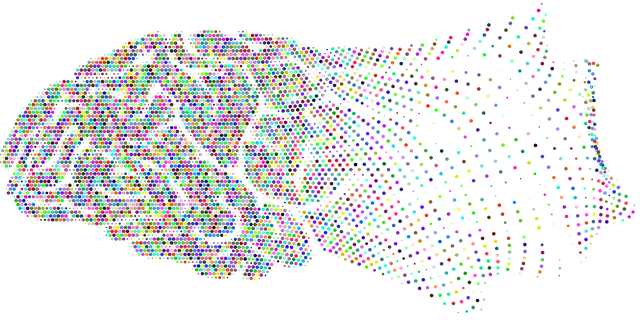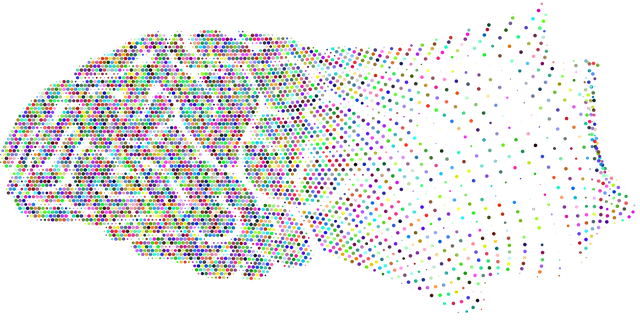Understanding data collection in therapy for alcohol abuse is key to effective treatment. By assessing personal history, triggers, and underlying mental illnesses, healthcare providers can design personalized plans that address related issues like anxiety and depression, enhancing success rates. Advanced analytics and machine learning reveal hidden patterns in datasets, predicting outcomes and identifying at-risk populations. Cultural sensitivity and tracking self-esteem improvements are crucial for successful, holistic care, guided by data analysis that strengthens mental health policy and resource allocation. Interpreting mental health data requires balancing insights with privacy and ethical considerations to prevent bias and protect individual rights.
Mental health data analysis is a powerful tool in understanding and treating alcohol abuse. This article explores the intricacies of this process, from collecting patient data to interpreting complex statistics. We delve into proven techniques for identifying patterns in treatment outcomes, highlighting the importance of advanced analytics in personalizing therapy plans for effective alcohol abuse management. Additionally, we navigate ethical considerations, ensuring responsible interpretation for improved mental health services.
- Understanding Mental Health Data Collection for Alcohol Abuse Therapy
- Data Analysis Techniques to Identify Patterns in Patient Outcomes
- Interpreting Statistics: Measuring the Efficacy of Treatment Programs
- Advanced Analytics for Personalized Alcohol Abuse Treatment Plans
- Challenges and Ethical Considerations in Mental Health Data Interpretation
Understanding Mental Health Data Collection for Alcohol Abuse Therapy

Understanding the data collection process is a crucial step in developing effective therapy programs for alcohol abuse, as it forms the foundation for informed decision-making and tailored interventions. In the context of therapy for alcohol abuse, gathering comprehensive mental health data involves assessing various factors that contribute to an individual’s relationship with alcohol. This includes exploring personal history, identifying triggers, understanding underlying mental illnesses, and evaluating stress management strategies. By incorporating these aspects, professionals can gain valuable insights into the patient’s overall well-being.
Effective therapy often involves addressing not only the addiction but also related issues such as anxiety, depression, or post-traumatic stress disorders, which are common comorbidities. Mental health data collection methods should encourage open communication, utilizing strategies that reduce the stigma associated with mental illness. This creates a safe space for individuals to disclose their struggles honestly. Through careful analysis of these data points, healthcare providers can design personalized treatment plans, implement effective communication techniques, and ultimately enhance the success rates of alcohol abuse therapy.
Data Analysis Techniques to Identify Patterns in Patient Outcomes

In the realm of mental health data analysis, identifying patterns in patient outcomes is a game-changer. Advanced techniques such as machine learning algorithms and statistical models enable healthcare professionals to unearth valuable insights from vast datasets. By analyzing trends in patient demographics, treatment modalities, and clinical responses, these tools can predict positive outcomes and identify at-risk populations. For instance, data mining methods have shown promise in uncovering hidden correlations between emotional intelligence and successful recovery rates, particularly in patients undergoing therapy for alcohol abuse. This information is pivotal for tailoring interventions and improving care strategies.
Moreover, mental health policy analysis and advocacy greatly benefit from these analytical approaches. Risk assessment tools, when integrated into comprehensive datasets, aid in identifying vulnerable groups and informing evidence-based policy decisions. By understanding the nuances of patient journeys, healthcare policymakers can advocate for more effective resource allocation and improved access to quality care. This, in turn, ensures that mental health services are better equipped to address complex issues like alcohol abuse, fostering a more robust and responsive healthcare system.
Interpreting Statistics: Measuring the Efficacy of Treatment Programs

Mental health professionals rely heavily on data analysis to measure and improve the efficacy of treatment programs, especially for complex issues like alcohol abuse. Interpreting statistics becomes a powerful tool when assessing the success rates of various therapy approaches. By analyzing outcomes over time, researchers can identify patterns and factors contributing to positive or negative results. This process involves meticulous examination of each patient’s journey, from initial assessment to discharge, considering variables such as age, gender, duration of addiction, and adherence to treatment plans.
For instance, in the context of therapy for alcohol abuse, data might reveal that certain therapeutic techniques, like cognitive-behavioral therapy (CBT) combined with empathy building strategies, show higher success rates in patient retention and long-term sobriety compared to other methods. Additionally, cultural sensitivity in mental healthcare practice can play a significant role in these outcomes, ensuring tailored care for diverse patient populations. Moreover, tracking improvements in self-esteem alongside traditional measures of alcohol consumption can provide valuable insights into the holistic impact of treatment programs.
Advanced Analytics for Personalized Alcohol Abuse Treatment Plans

In the realm of mental health data analysis, advanced analytics play a pivotal role in tailoring personalized treatment plans for alcohol abuse, or excessive drinking that interferes with daily life and well-being. By sifting through vast datasets encompassing demographics, behavioral patterns, and clinical outcomes, these analytical tools can identify subtle trends and correlations that might otherwise go unnoticed. This enables mental health professionals to design targeted interventions suited to individual needs, addressing specific aspects of alcohol abuse such as underlying depression or stress-related burnout—a key factor in preventing relapse.
Furthermore, integrating cultural sensitivity in mental healthcare practice is essential during this process. Recognizing the influence of cultural factors on drinking behaviors and treatment responses, healthcare providers can tailor their approaches accordingly. This not only enhances therapeutic effectiveness but also fosters trust and engagement among diverse patient populations. By combining advanced analytics with a nuanced understanding of cultural contexts, therapy for alcohol abuse becomes more effective, addressing both the physical and psychological aspects of recovery while considering prevention strategies like depression and burnout prevention within a holistic framework.
Challenges and Ethical Considerations in Mental Health Data Interpretation

Interpreting mental health data comes with its fair share of challenges. One significant hurdle is the complexity and subjectivity of human emotions and behaviors. Mental health conditions often manifest in diverse ways, influenced by cultural, social, and individual factors, making it intricate to establish universally applicable patterns or indicators. Additionally, ensuring data privacy and security is paramount, especially when dealing with sensitive information about individuals’ psychological well-being. Striking a delicate balance between gaining valuable insights and preserving confidentiality requires robust encryption methods and strict adherence to ethical guidelines.
The ethical implications of mental health data interpretation are profound. Biases in data collection tools or algorithms can inadvertently perpetuate stereotypes and discriminatory practices, hindering access to effective therapy for alcohol abuse or other conditions. For instance, if a model is trained primarily on data from certain demographics, its accuracy in predicting outcomes for underrepresented groups may suffer. Furthermore, the potential for misuse of such data, whether through unauthorized access or malicious intent, raises serious concerns. Thus, developers and analysts must prioritize transparency, fairness, and accountability to ensure that advances in mental wellness coaching programs development are genuinely beneficial and do not come at the cost of individual rights and dignity.
Mental health data analysis plays a pivotal role in enhancing therapy for alcohol abuse programs, enabling professionals to tailor personalized treatment plans. Through advanced analytics, we can uncover hidden patterns and trends among patient outcomes, leading to more effective interventions. However, navigating the ethical landscape of data interpretation is crucial to ensure privacy, transparency, and responsible use of information. By combining robust data collection methods with sophisticated analysis techniques, mental health professionals can significantly improve alcohol abuse treatment outcomes and ultimately foster better lives for those seeking help.
